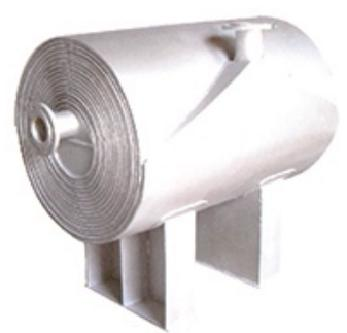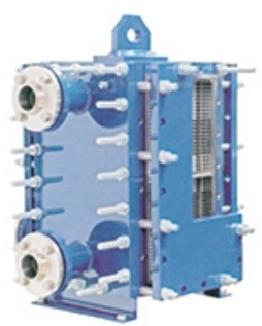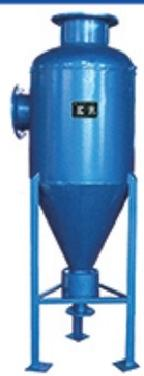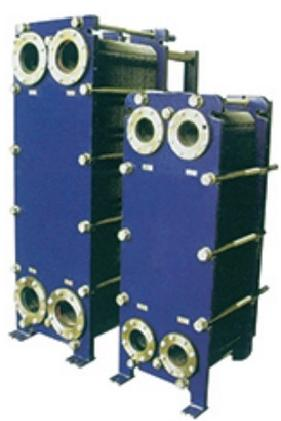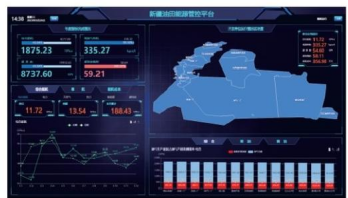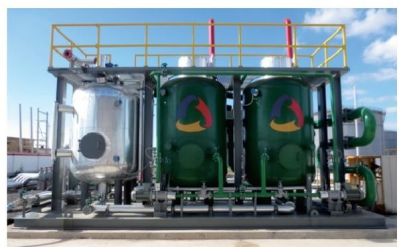Wedoany.com Report-Nov 18, Naphtha is expected to remain in short supply in Asia over the next couple of years as more crackers come online and as demand for blending the fuel with gasoline rises, industry executives and analysts said.
Tight supply could support prices for the fuel and petrochemical feedstock and lift refiners' margins. However, elevated naphtha prices will put further margin pressure on petrochemical makers which are grappling with weak demand and increases in inventories for their products.
In Asia, the naphtha shortfall compared to demand is estimated at 1.73 MMbpd in 2025, and 1.51 MMbpd in 2026, Vibhore Kotwani, an analyst at PETCO Trading Labuan, a Petronas unit, told the Condensate & Naphtha Forum this week.
That compares to 1.72 MMbpd for this year.
New crackers with a combined 18 metric MMtpy in capacity will come online in Asia over the next two years, Kotwani added.
These include projects by China's Wanhua Chemical in Yantai, Shandong province, ExxonMobil's project in Huizhou, Guangdong province and Shandong Yulong Petrochemical's new plant, he said.
Armaan Ashraf, an analyst at consultancy FGE, said in places like India, South Korea and Europe more naphtha has been channeled to gasoline blending, a trend likely to continue next year as aromatics markets remain in surplus.
Ashraf also said he expects naphtha supply to tighten in the first quarter because of planned maintenance at refineries in the Middle East and India.
However, he added more supply could come from Russia, with Novatek planning to boost exports after completing maintenance and expansion while run cuts at petrochemical plants in Europe may help to fill the gap in Asia.
Petrochemical industry officials, who declined to be identified as they were not authorized to speak to media, said they were worried about the potential for tighter supply next year and higher costs.
An official at a Thailand-based petrochemical producer said the firm would have to cut runs if naphtha supply tightens and demand for petrochemicals remains weak.
Some firms noted that naphtha was not trading at a discount to condensate as it traditionally would.
"This year it is reversed, pushing us to use more condensate," said an official at an Indonesia-based refiner.
